Health & Medical
Water-Deionizer
Water Deionizer Industrial Waste Water Treatment Equipment Machine
How Water Deionizer Industrial Waste Water Treatment Equipment Works
The Reverse Osmosis process uses a semi-permeable membrane to separate and remove dissolved solids, organics, pyrogens, submicron collodial matter, viruses, and bacteria from water. The process is called “Reverse” Osmosis since it requires pressure to force pure water across a membrane, leaving the impurities behind. Reverse Osmosis is capable of removing 95 – 99% of the total dissolved solids (TDS) and 99% of all bacteria, thus providing safe, pure water.

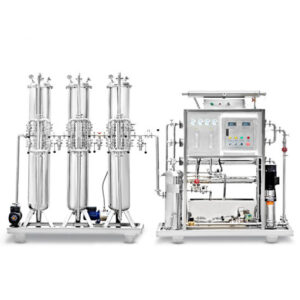
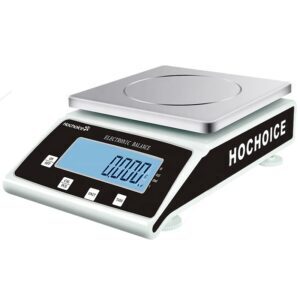
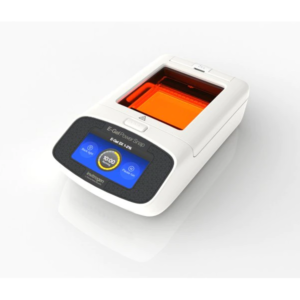
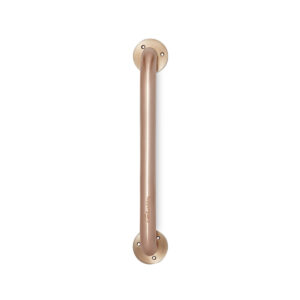
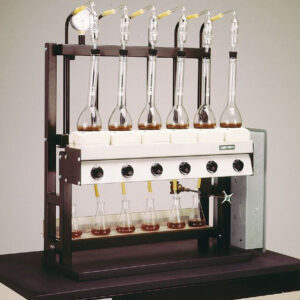
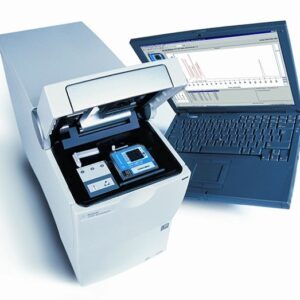
There are no reviews yet.